3,320
Agriculture dept. officials participated
Agriculture
India
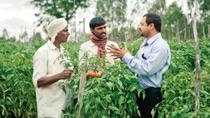
Suraksha Hamesha
Suraksha Hamesha means “Safety at all Times” in Hindi. The premise of this Indian campaign is simple but powerful, as it is designed to train farmers and crop protection applicators on the responsible and safe use of crop protection products, focusing on measures they can take to minimize risk. The Suraksha Hamesha program was honored with the 2018 Agrow Award for Best Stewardship Program.
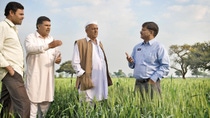
Why
Agriculture contributes almost one fifth of India’s GDP and is the largest employer with two thirds of the population directly or indirectly dependent on agriculture. Sustainable farming and farmer safety is of paramount importance, and BASF is committed to making sure that crop protection products are used safely and responsibly.
How
All across India, BASF collaborates with local governments to offer farmers hands-on training and demonstrations on safe and responsible mixing, spraying and storing of crop protection products. Farmers are educated on the nine steps of responsible use of crop protection products and personal protection measures. Along with the training, BASF offers the Sanrakshan Kit, an affordable, high quality set of certified personal protective equipment. Through this initiative, BASF is promoting the responsible and ethical management of crop protection products throughout the entire lifecycle.
Result


8,050
Women farmers trained

26,800
Students reached

162,630
Farmers trained

2,160
Channel partners reached

33,185
Spray operators trained
SDGs
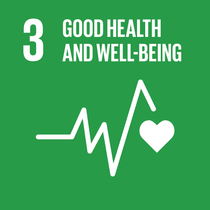
Promoting farmer safety and well-being across rural India.
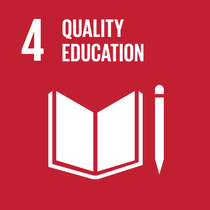
Educating young people and offering training in schools across the country.
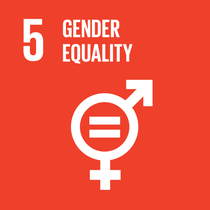
Reaching 7480 women farmers.
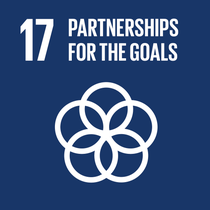
BASF partnered with the Department of Agriculture and Farmer Welfare.
